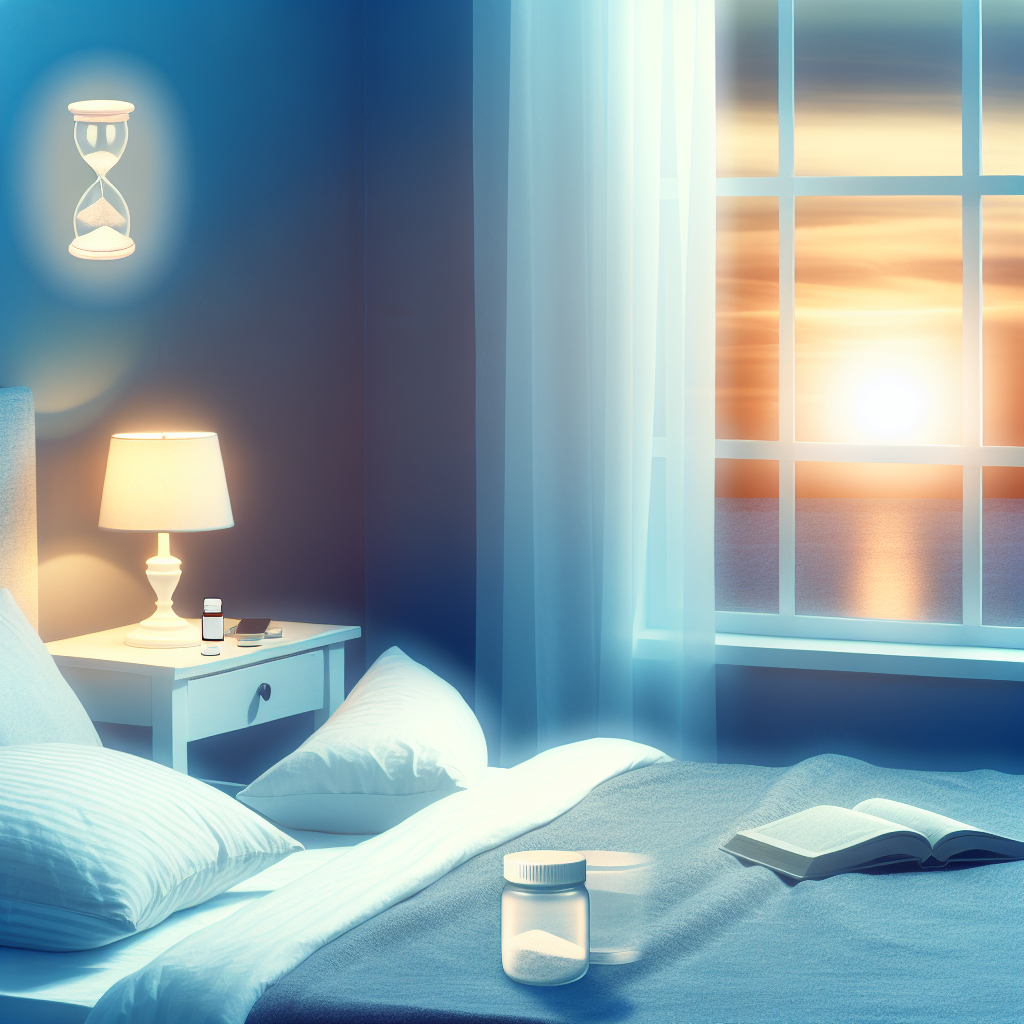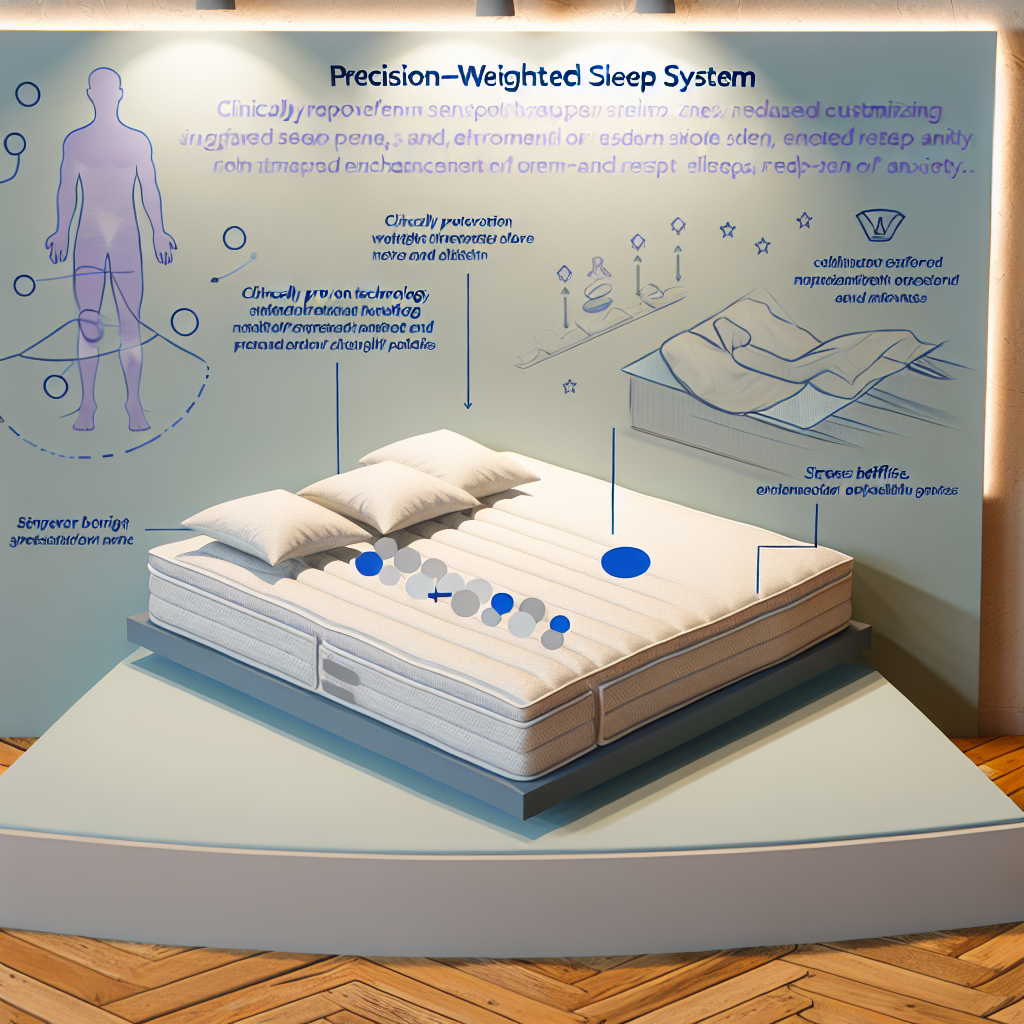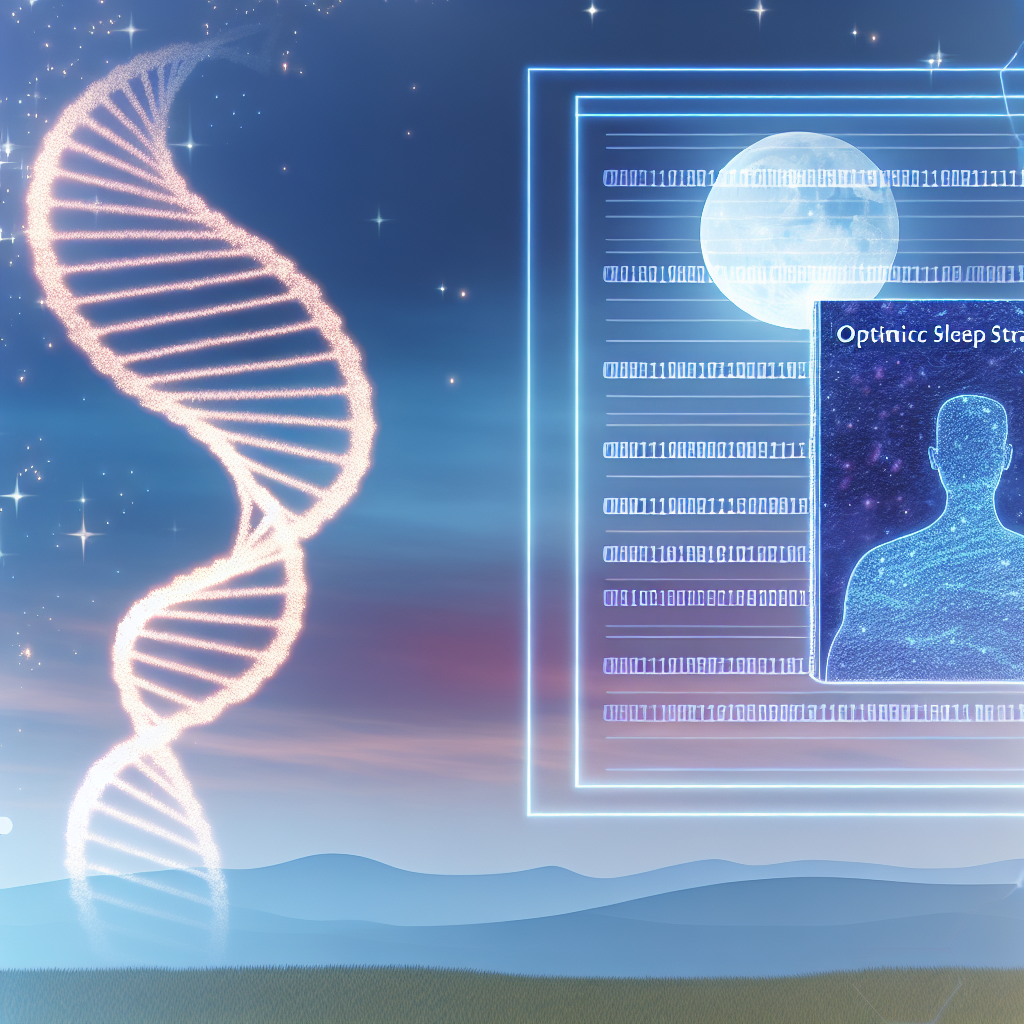Sleep is a vital biological function for mammals. Without it, they cannot hunt or reproduce and may even die. As you sleep, your brain undergoes significant changes that are influenced by the rhythm of your circadian clock. These changes, including memory consolidation, are essential for proper body and mind function.
The Scientific Evidence
Sleep is an organic bodily function that helps reenergize the body’s cells, clear waste from the brain, support learning and memory, and regulate mood, appetite, and libido. However, sleep deprivation may be dangerous. Scientists are working to understand why sleep is crucial for humans and other animals and how it affects our mental and physical health. The idea that sleep plays a part in plasticity—the brain’s development process over time—is one of the most intriguing notions.
Research has shown that REM sleep, or rapid eye movement sleep, can help the brain build and strengthen synapses – the structures that connect neurons. This may be critical for learning and memory.
A recent study showed that sleep deprivation could make people more likely to get sick. They found that people who slept too little were susceptible to colds or coughs, while those who slept well were less susceptible.
The Biological Clock
Your body has a biological clock that controls temperature changes, blood pressure swings, and sleep and wake periods. It does this by syncing your endocrine system to environmental light-dark processes so that certain hormones are released in particular amounts at specific times of the day.
All mammals, birds, plants, fungi, and bacteria have biological clocks. These clocks are regulated by specific genes that control the timing of millions of processes ranging from your digestive cycle to how much you burn fat.
In humans, these clocks are handled by a clock in the brain, the suprachiasmatic nucleus (SCN). This SCN receives signals from the eyes to keep your circadian rhythm in sync with a 24-hour day.
When you’re in a new place, your schedule can be thrown off-kilter, causing disturbances in your daily ebb and flow, leading to feelings of jet lag. This is particularly valid for shift workers and travelers.
Getting Ready for Sleep
Getting a good night’s sleep can be a challenge. Therefore, practicing a regular bedtime routine is also essential. For example, some people read a book, enjoy a warm bath or relaxing music before bed. Additionally, refraining from consuming heavy meals or beverages two hours before bedtime would be best. This can lower your sleep quality, and caffeine and alcohol will make falling and staying asleep harder.
You should also avoid watching television, using your computer or tablet in your bedroom, and using any devices that emit light or a blue-light filter before bed. These lights will disrupt your body’s natural production of melatonin, which tells your body when it’s time for sleep.
Getting a Good Night’s Rest
Getting a good night’s rest is vital for your health and well-being. It helps your body repair cells, improves memory and concentration, and boosts motivation. Unfortunately, nearly everyone has a sleepless night now and then. Therefore, it’s valuable to recognize that if you have sleeping challenges regularly, you should talk to your doctor about finding the reason and fixing it. Sleep disruption can cause adverse health effects, including increased risk for obesity, heart disease, diabetes, and Alzheimer’s disease. Sleep quality can be improved by following certain behaviors and reducing stress. You should create a habit to sleep and wake-up routine every day. This will help your body clock, also called your circadian rhythm, adjust to the new times, helping you to fall asleep at night.

Dominic E. is a passionate filmmaker navigating the exciting intersection of art and science. By day, he delves into the complexities of the human body as a full-time medical writer, meticulously translating intricate medical concepts into accessible and engaging narratives. By night, he explores the boundless realm of cinematic storytelling, crafting narratives that evoke emotion and challenge perspectives.
Film Student and Full-time Medical Writer for ContentVendor.com




